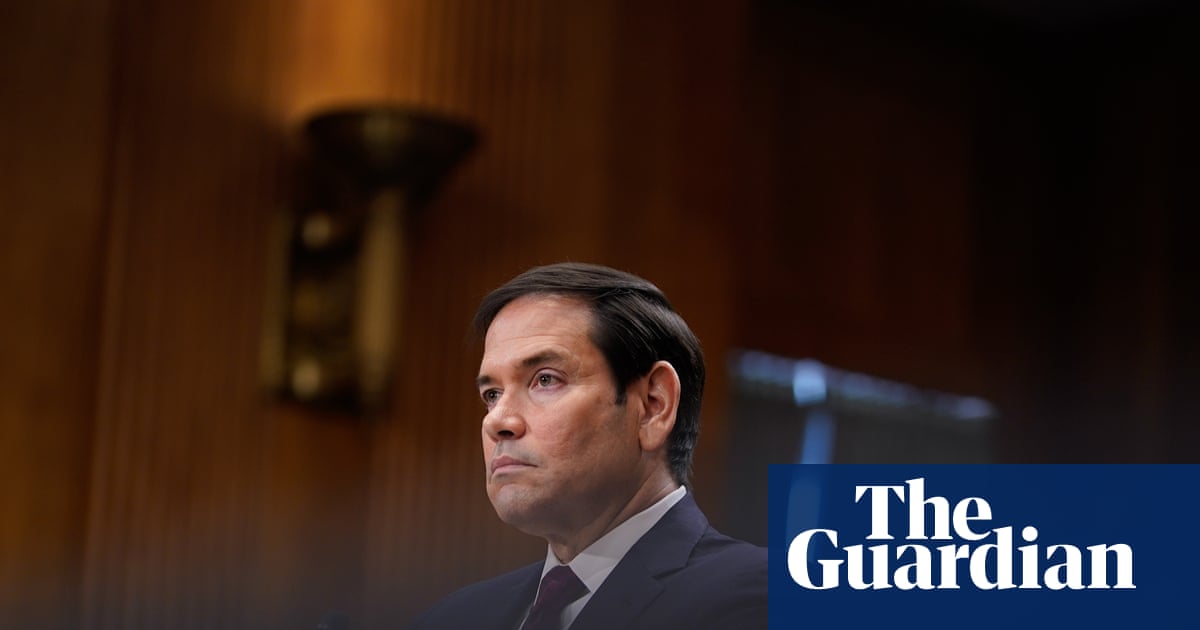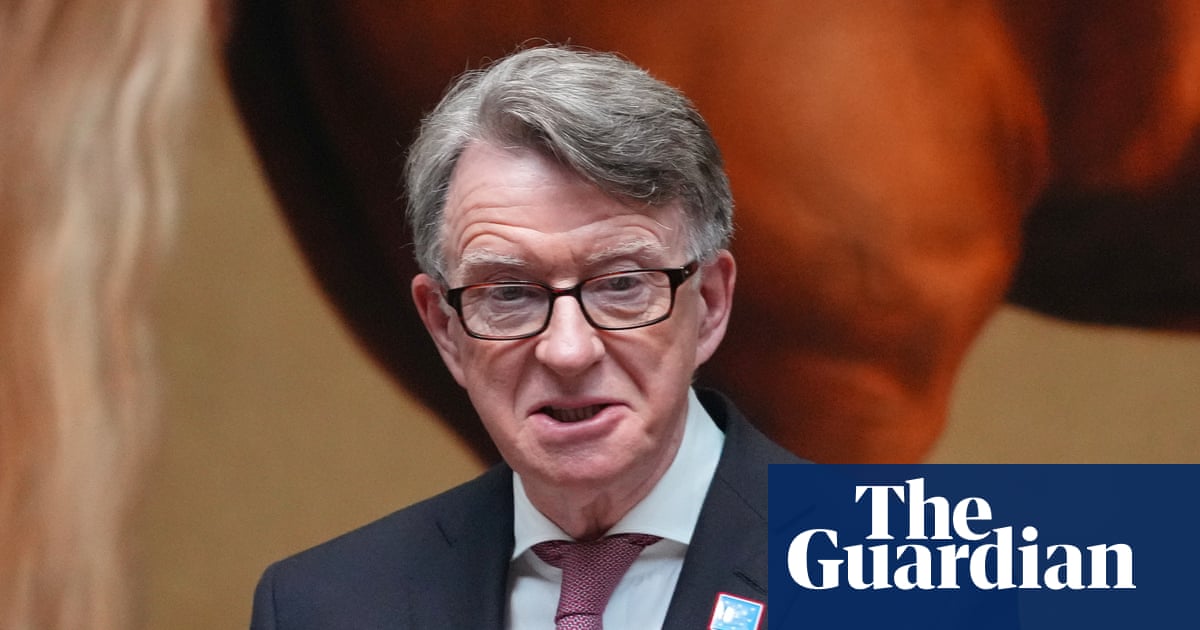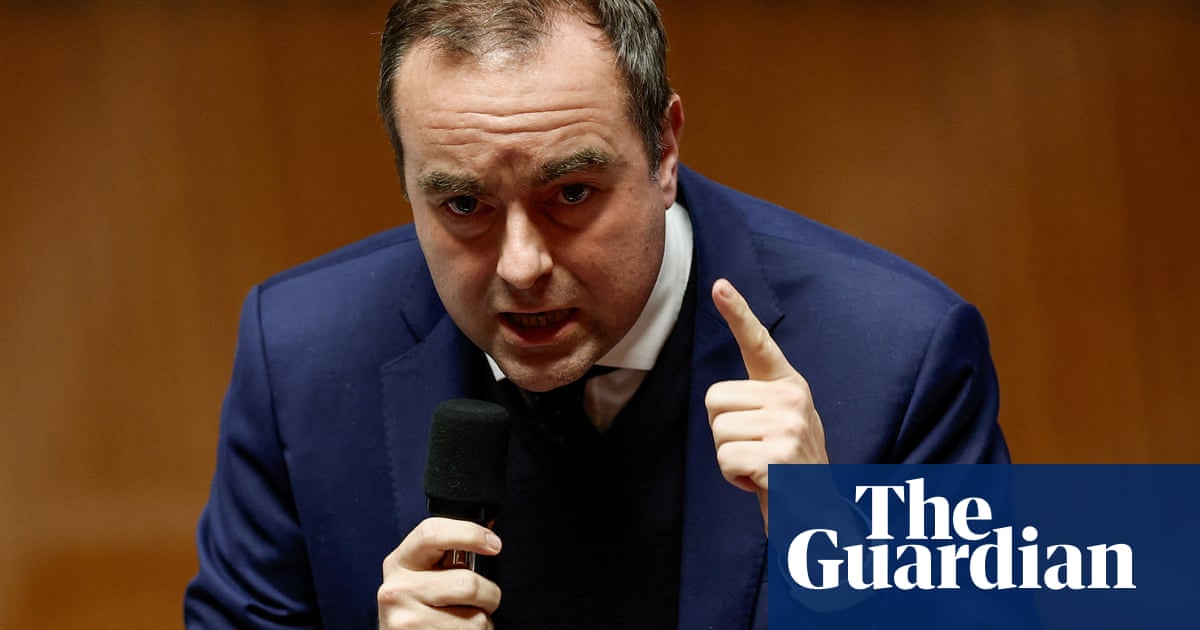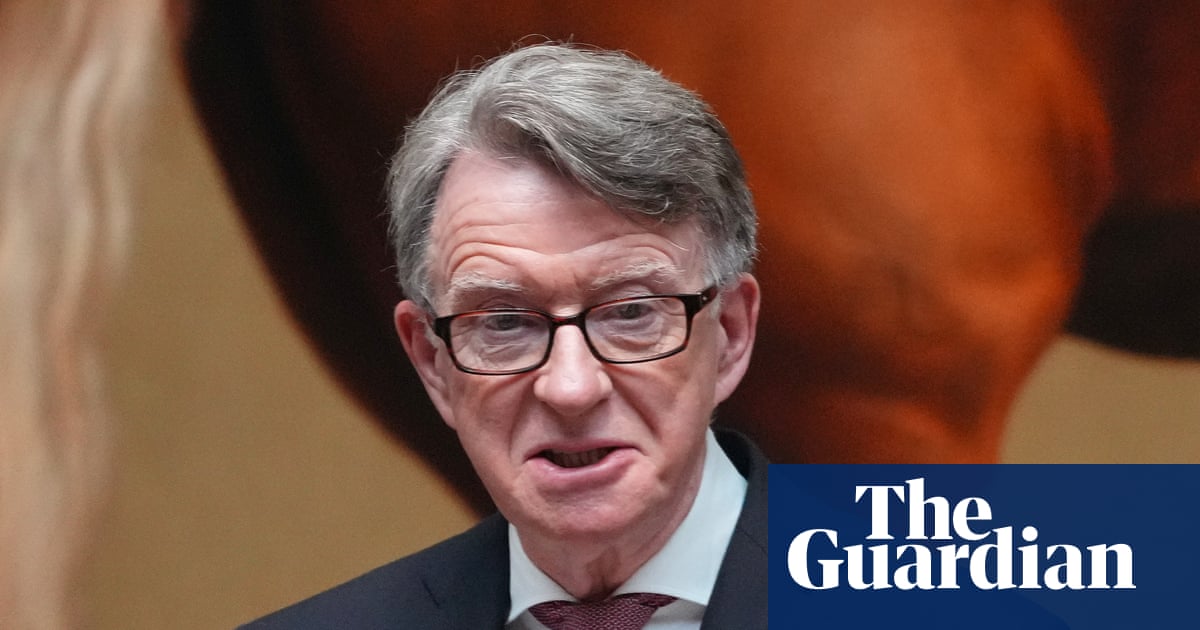Rachel Reeves will put a £7.5bn tax rise at the heart of her budget after scrapping a separate plan to increase income tax rates just days before the announcement.
The chancellor has decided to freeze the level at which people start paying income tax for two years, according to government sources, rather than breaking a manifesto promise and putting rates up, as had been planned for several weeks.
The last-minute decision to change tack came during a turbulent week for the government and amid concerted pressure from senior Labour MPs. It sparked a sell-off in the markets as investors pushed government borrowing costs higher and the pound lower.
Downing Street said on Friday: “The chancellor has been clear on the need to deliver stability in the public finances. As she said last week, one of the objectives of the budget is to build more resilient public finances with the headroom to withstand global turbulence.”
The Treasury declined to comment on budget speculation but sources familiar with government deliberations said the decision to switch approach had come on Wednesday after talks between Reeves and Keir Starmer.
Officials said the change had been made because official forecasts showed Reeves’ fiscal black hole was closer to £20bn than £30bn, allowing her to take less radical steps to raise money.
Instead of raising income tax rates, a move heavily hinted at by Reeves in recent days, the chancellor has decided to freeze thresholds for two years, a move that economists estimate will raise £7.5bn.
The decision comes a year after Reeves argued against exactly such a move. She said in her 2024 budget speech: “Extending the threshold freeze would hurt working people, it would take more money out of their payslips.”
Other likely tax rises include a move to end tax breaks for salary sacrifice pension schemes, raising about £2bn, and a new tax on electric vehicles, also estimated to raise £2bn.
The decision not to raise income tax rates was taken after weeks of careful planning for just such a move, including briefing Labour MPs on why difficult decisions would need to be taken to balance the government books.
Government insiders said the decision was taken on Wednesday, the same day the prime minister was forced to deny reports that his aides had briefed against the health secretary, Wes Streeting, in an attempt to shore up his own position.
Streeting welcomed the decision on Friday, having warned earlier in the week that breaking the manifesto pledge risked losing the trust of voters.
He told LBC Radio: “I’m not in favour of breaking manifesto pledges. I think that trust in politics and politicians is low and it’s part of our responsibility to not only rebuild our economy and rebuild our public services but to rebuild trust in politics itself.”
Other cabinet ministers are also understood to have expressed concerns about the political implications of raising income tax rates.
Some MPs, however, argued that the late change risked giving the impression that the government was not in control. One senior Labour MP said they thought Reeves “will end up having to go after this debacle of a budget” and warned against any further attempt to U-turn on ending the two-child benefit limit, saying that would “lead to a complete revolt”.
Another Labour MP said Starmer had been told by many in the parliamentary party this week that he was losing the room but he “refused to listen to criticism”. “They don’t know what they are doing and there is 10 days left of this mess,” they said.
That assessment was underlined by a turbulent day in the markets, with UK government bonds on track for their worst day since 2 July, when investors responded to a tearful appearance by Reeves in the House of Commons chamber. Meanwhile, the pound dropped against the dollar.
Kathleen Brooks, a research director at the brokerage XTB, said: “Bond market volatility is not what the chancellor wants to see with less than two weeks to go before the budget.
“Essentially, the bond market is warning the chancellor that she cannot merely tax the ‘rich’ to fund her lavish spending pledges. Either she broadens the tax base or she cuts spending.”
Ruth Curtice, the chief executive of the Resolution Foundation and a former Treasury tax and spending official, said it was normal for the OBR’s forecasts to change in the run-up to the budget. However, she said “excessive levels of kite flying” were fuelling market volatility.
“It is not normal for so much of that to be laid bare in public,” she said. “The market moves this morning and in recent weeks suggest a serious look should be taken at the approach to market-sensitive forecast information.”

 2 months ago
75
2 months ago
75

















































